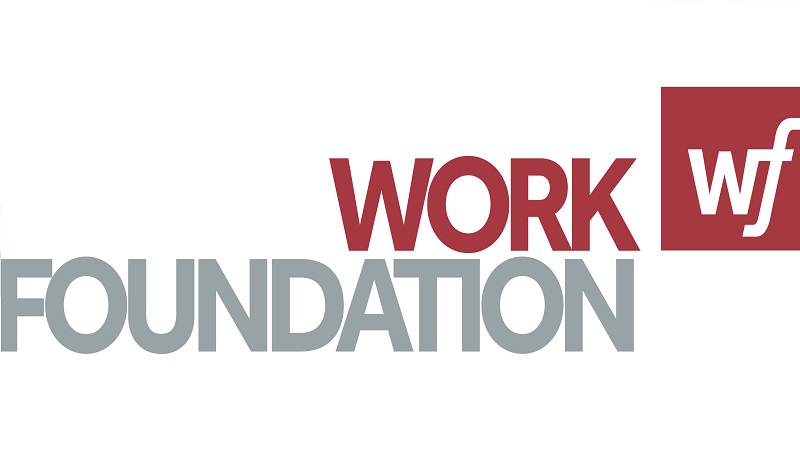The use of Employee Assistance Programme (EAP) services are ‘a missed opportunity’ for building on productivity and performance in the new era of digital working, a new report conducted by Lancaster University’s The Work Foundation and the UK Employee Assistance Professionals Association (UK EAPA) indicates.
Carried out among 88 organisations, nine per cent of HR manager respondents had attempted to evaluate their EAP in terms of a return on investment or a cost utility benefit via the impact productivity, sickness absence, performance or engagement. Meanwhile, 31 per cent admitted to not attempting an evaluation, and nine per cent didn’t know if an evaluation was completed.
Respondents also pointed to an ongoing stigma associated with the EAP, with low-level promotion and the scope of services available thought to be restricting the use of services for anything other than serious situations.
Dr. Zofia Bajorek, researcher at The Work Foundation, said: “Creating the right conditions for employees to work in, and promoting ‘good work’ in organisations, is important when considering the health and wellbeing of the working age population.
“EAPs are one way through which employers can be seen to promote positive employee health and wellbeing, however the research indicates that HR can be doing more to promote this service. Amidst this turbulent economic environment where budgets are increasingly tightened, it is now more important than ever to promote these services and determine what the cost-benefits of EAPs are for both employee wellbeing and organisational outcomes.”
The research highlights the most common uses of an EAP among the surveyed organisations are for depression (57 per cent), and coping with family events (56 per cent). Workplace issues are least reported, such as difficulties with line managers (20 per cent), workplace restructure (15 per cent), and bullying (6 per cent).
To request a copy of the full report, email info@eapa.org.uk






